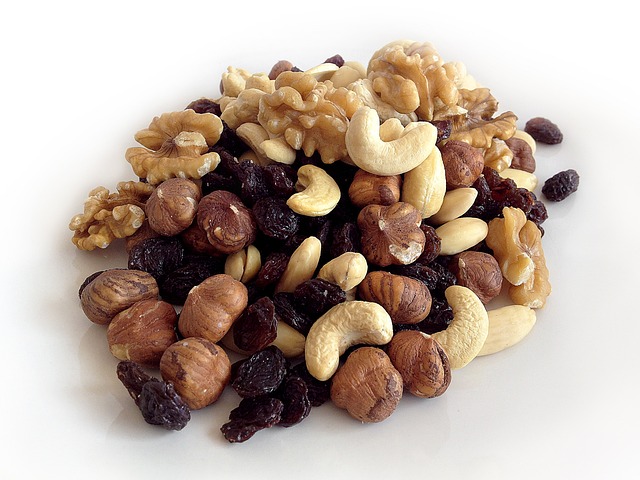Vitamin B7, also known as biotin or vitamin H, is a water-soluble vitamin that plays a significant role in maintaining good health. Here are some of the key health benefits associated with vitamin B7:

1. Healthy hair, skin, and nails: Biotin is often hailed for its role in promoting healthy hair, skin, and nails. It plays a crucial role in the synthesis of keratin, a protein that contributes to the strength and integrity of these tissues. Adequate levels of biotin can help improve the condition of hair, reduce brittleness and breakage, promote healthy skin complexion, and strengthen nails.
2. Energy metabolism: Vitamin B7 is involved in the metabolism of carbohydrates, proteins, and fats, converting them into usable energy for the body. It acts as a coenzyme in several metabolic reactions, aiding in the breakdown of macronutrients and supporting energy production.
3. Maintenance of blood sugar levels: Biotin is involved in the metabolism of glucose, helping to regulate blood sugar levels. It enhances the activity of enzymes that play a role in glucose utilization and supports insulin function. Adequate levels of biotin may contribute to improved blood sugar control, particularly in individuals with diabetes or insulin resistance.
4. Support for brain function: Vitamin B7 is important for maintaining optimal brain function and cognitive health. It plays a role in the synthesis of neurotransmitters, which are essential for proper brain signaling and mood regulation. Biotin may also contribute to improved memory and mental clarity.

5. Healthy pregnancy: Biotin is crucial during pregnancy as it supports embryonic growth and development. It plays a role in the formation of the baby’s organs and contributes to the overall health of the mother and the growing fetus. Adequate biotin levels are important for a healthy pregnancy and proper fetal development.
6. Maintenance of a healthy cardiovascular system: Biotin, along with other B vitamins, helps support heart health by contributing to the breakdown of homocysteine, an amino acid associated with an increased risk of cardiovascular disease. Biotin’s role in maintaining proper blood sugar levels and promoting healthy lipid profiles may also positively impact heart health.
7. Support for the digestive system: Biotin is involved in the metabolism of fatty acids and supports the health of the digestive system. It aids in the production of enzymes that facilitate proper digestion and nutrient absorption. Biotin may also help maintain a healthy gut microbiome, which is important for overall digestive health.
Regulation of Cholesterol Levels: Some studies suggest that biotin may play a role in supporting healthy cholesterol levels. It aids in the breakdown of fatty acids and may help lower “bad” LDL cholesterol levels, thus promoting cardiovascular health.
conclusion
Vitamin B7, or biotin, offers a wide range of health benefits beyond its well-known impact on hair, skin, and nails. From supporting energy metabolism and cognitive function to aiding in pregnancy and regulating blood sugar levels, biotin plays a crucial role in maintaining overall wellness. By recognizing the importance of this essential nutrient and ensuring its inclusion in a balanced diet, individuals can harness the potential benefits of biotin and promote their long-term health and vitality.













